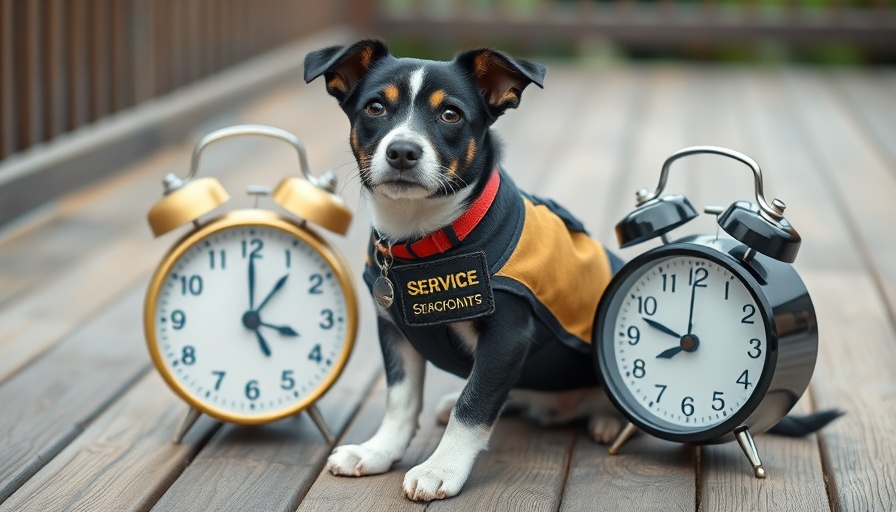
Importance of Balanced Play in Your Dog's Development
For dog owners, understanding the significance of balanced play is essential in fostering a happy and healthy canine companion. Play is not merely a fun activity; it plays a crucial role in a dog's physical, mental, and emotional well-being. Engaging in balanced play helps dogs socialize, develop skills, and maintain their energy levels, all of which contribute to a well-adjusted pet that thrives in various environments.
What is Balanced Play?
Balanced play refers to activities that integrate both physical exertion and mental stimulation. It encompasses structured play sessions, free play, and social interactions with other dogs and people. This multifaceted approach to playtime enables dogs to develop self-regulation skills, which not only keep them entertained but also enrich their overall lives. By ensuring that dogs experience a variety of play situations, you can help them learn to control their impulses, leading to a more harmonious relationship between the dog and its owners.
Self-Regulation: The Heart of Healthy Play
Self-regulation is critical for dogs to enjoy balanced play without becoming overly excited or aggressive. Training methods that emphasize impulse control, such as the "wait" and "stay" commands, can set the groundwork for positive behavior in social settings. As described in Off Leash MKE's insights, incorporating impulse control exercises can enhance a dog's focus and responsiveness, crucial aspects of play. With a solid foundation in obedience, dogs can navigate play and social settings more appropriately.
The Physical Benefits of Play
Physical well-being is another vital aspect of balanced play. Regular physical activity helps dogs maintain their weight and prevent various health issues. Activities such as fetching, running, and agility training not only keep them fit but also release pent-up energy, reducing boredom and destructive behaviors at home. Importantly, successful exercise routines should be tailored to individual dog breeds and energy levels to ensure that they are beneficial and enjoyable.
Emotional Well-Being and Social Skills
Beyond physical health, balanced play has profound effects on a dog's emotional well-being. Well-socialized dogs demonstrate improved interactions with both animals and humans. Encouraging self-regulation during play helps dogs develop social skills, such as reading social cues and responding appropriately in different scenarios. These skills promote positive interactions, allowing your dog to enjoy playdates and outings with ease.
Encouraging Calm Behavior Through Play
As highlighted in the training insights from Off Leash MKE, patience is key when developing self-regulation in dogs. By rewarding calm behavior during playtime—through immediate praise or treats—you reinforce the importance of maintaining composure. It's essential to remember that training and behavioral changes take time; emphasizing calmness during play can yield significant long-term benefits for your dog's overall demeanor.
Creating a Routine for Balanced Play
Establishing a structured routine for playtime can enhance your dog's happiness and emotional health. Incorporating a mix of activities, from walks to structured group play, provides variety while ensuring your pet receives adequate mental and physical stimulation. Regular routine not only helps in physical fitness but also gives dogs a sense of security.
Conclusion: Embrace Your Dog's Play Journey
As a dog owner dedicated to creating the best environment for your pet, recognize that balanced play is fundamental. By fostering self-regulation, providing diverse play opportunities, and incorporating impulse control training, you are paving the way for a healthy, happy dog. Embrace the journey of understanding your dog's play needs to enhance the bond you share and contribute to their overall well-being.
 Add Row
Add Row  Add
Add 




Write A Comment